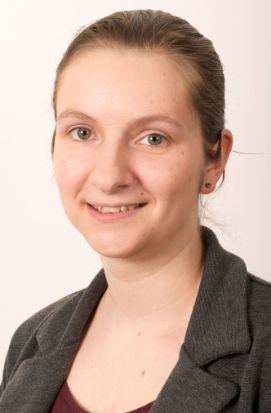What was your initial plan for your Ph.D. project?
Originally, I wanted to trace the impact of scientific research in different online spaces related to some of the OSIRIS case studies, using digital methods and perhaps approaches related to altmetrics.
How has the project evolved during the Ph.D. period?
My interest in digital methods has stayed, and I have experimented with a range of different approaches, until settling on more qualitative exploratory work for my articles. I have turned towards science communication research, although I am still fascinated by the many parallels between science communication research and impact research, including the many times rejected, yet oddly pervasive “linear model” or “deficit model” of how science interacts with society at large.
Parts of your research happened during the pandemic. Has this influenced the thesis work in any way (both positive and negative)?
I was lucky that I was working with digital methods and data already before the pandemic, so I didn’t lose access to my empirical field. However, talking about informal science communication online, the topic of the pandemic soon became too big to ignore, overshadowing all other topics. At the same time, it was a unique opportunity to look at different actors dealing with newly emerging challenges around science communication. So, I decided to change the empirical setting and focus of my remaining work and used discussions about the pandemic as the backdrop for two of my papers.
What do you think you have gained in terms of knowledge and support by being part of a research centre such as Osiris?
Being part of OSIRIS has been a great motivation for working on my thesis, including during the digital meetings while everyone was working from home. It’s been inspiring to interact with people from different backgrounds and with different research interests.
Are there any initial findings from your research that you would like to share with us?
I think that science communication research and impact studies could do well to learn from each other! In my observations on Reddit, I have seen how seemingly similar communities have distinct local norms for how they interact with scientific knowledge, offering very different opportunities or challenges for science communication. Furthermore, I wanted to give more attention to informal acts of science communication, for example by moderators or users on Reddit, or by climate activists, who don’t have any formal mandate for science communication but who shape what kinds of scientific content many internet users see in their feeds every day.
